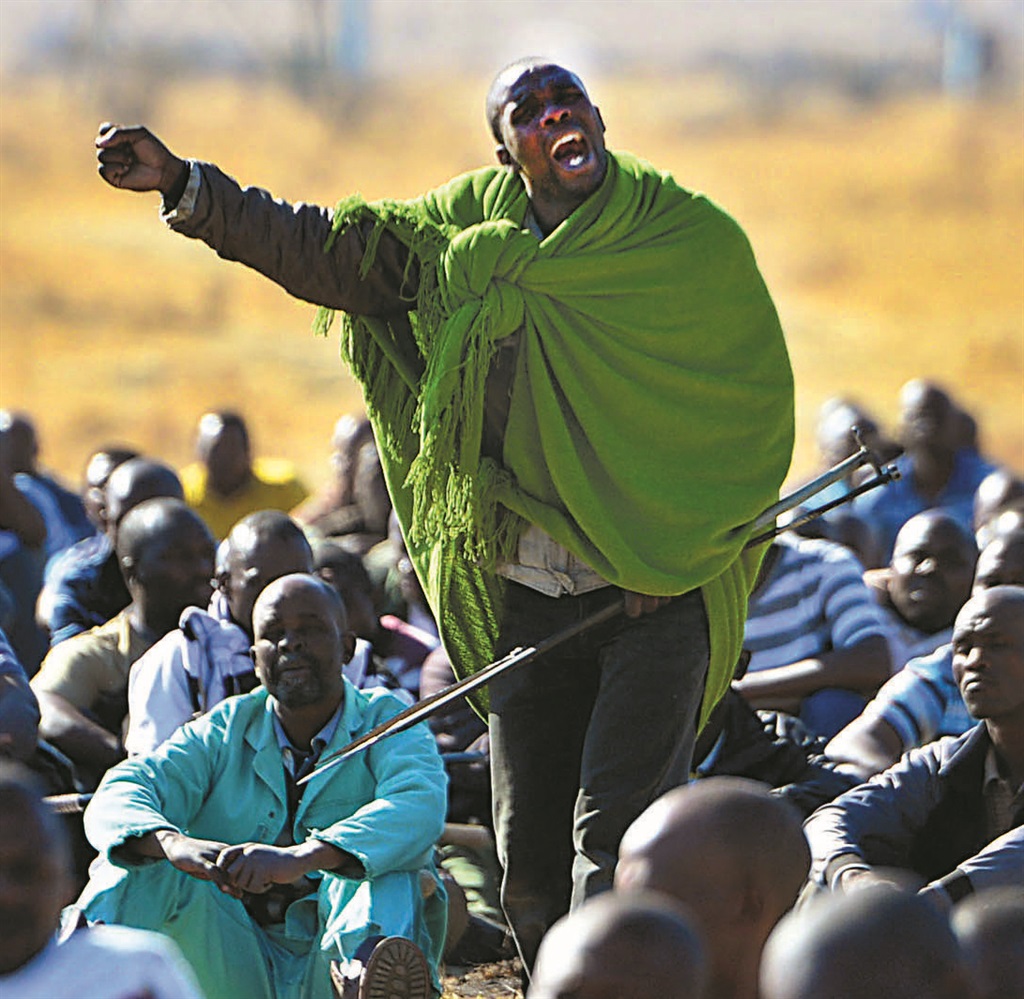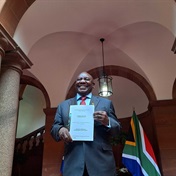
Had I arrived in South Africa earlier this year, knowing nothing about the country, and someone had mentioned snippets of 1994, the Springbok World Cup victory, Marikana, Penny Sparrow and universities going up in flames, I would have thought they were describing two different planets.
By the looks of it, the same magic and history that brought the nation together now sow the seeds of division. Politicians have somehow forgotten how to set aside their differences and connect the masses from different walks of life to remind us how we need each other to thrive as a nation, to guide us to build and create the nation we want to live in.
During my days in the SA Air Force, we used to congregate for military ceremonies – from the pass-out parades of new recruits to commemorating National Armed Forces Day and celebrating the second-oldest air force in the world. This awakened me to national days of commemoration, the significance of historical monuments and helped to make sense of the many puzzle pieces that make up our great nation. I got to understand monuments as a way of celebrating life while remembering loss and vowing never to repeat the mistakes of the past.
So why don’t we erect a monument for one of the hardest days in the history of the ANC government?
August 16 will mark the fourth anniversary of the Marikana massacre. Since then, an Emmy Award-winning documentary has been made about this tragic moment in our history and a judicial commission was concluded, with government’s legal team still haggling with the victims’ lawyers on the proposed settlement. About 19 mine workers are set to stand trial for allegedly killing 10 people, including two policemen, during that tragic month of 2012.
What will it take for government to declare a site ready for commemoration? Should the people of Marikana not be honoured? Is there a process under way that may be announced in a 10pm press statement? If so, should it not be consultative, involving affected communities as part of the healing process?
By this time, one would have thought, if not expected, that government would have erected a monument in remembrance of the fallen.
We have seen a number of new monuments erected and unveiled, from the towering Madiba bronze at the seat of government in Pretoria, which replaced the Barry Hertzog statue on the same site, to those at Freedom Park and Constitution Hill.
Perhaps our government is more worried about the implications of such a decision – that a monument is an admission of guilt. If a government is for the people and by the people, should it not be in its interest to ensure the wounds of the past, irrespective of the cause, are healed?
Young people at universities know what these monuments represent, similar to my own teen awakening years ago. #RhodesMustFall is a great case of how young people can rally together, for a cause or against it, wrongly or rightly. These monuments, in my opinion, serve the twin purposes of preserving our history so that it is told for aeons to come and are a reminder to never return to a painful past.
Government is not doing itself any favours by being selective with memorials and the recognition of struggle heroes. However, I am mindful that history is written by the victors and, as a result, they can add and omit as they will. As things stand, it seems the generally held view is that the ANC is on course to etch a convenient history, which happens to give a selective account of events.
Seemingly, the pervasive approach is that because the current dispensation is led by the ANC, most of the monuments reflect a skewed narrative that places more significance on the struggle role of the ANC and its leaders and freedom fighters than on everyone who was part of the struggle to transform South Africa.
However, President Jacob Zuma needs to demonstrate leadership, with difficult decisions that are intentional and even unpopular. These should include expediting the settlement of the victims of Marikana and, most importantly, a monument should be erected once a public participation process has been undertaken.
The departments of labour and mineral resources should publish a quarterly progress report on the transformation of mining towns in line with the promises of social and labour plans (commitments by mining companies to ensure inclusive socioeconomic improvement within the communities they operate). A good place to start will be the Lonmin operations in Marikana before they sell. These interventions will go a long way towards ensuring the Marikana memorial is not just a symbolic gesture but one that intentionally addresses real issues, including inequality and restoring human dignity for our people.
As a people, we are often encouraged to “walk together”, as the Dinokeng Scenarios document – a precursor to the National Development Plan – would have it, but with the indifference witnessed from our government on the Marikana issue, we seem to be walking further apart.
To realise social cohesion and propel the project of nation-building in the right direction, the communicators around President Zuma should advise him to elevate the aspirations of our nation above fear of temporary reputational damage. Together, we can do more in the spirit of restoring some of the human rights of this great nation.
Tshenkeng is the founder and MD of Decode, a media intelligence agency specialising in media monitoring and reputation management.




 Publications
Publications
 Partners
Partners








